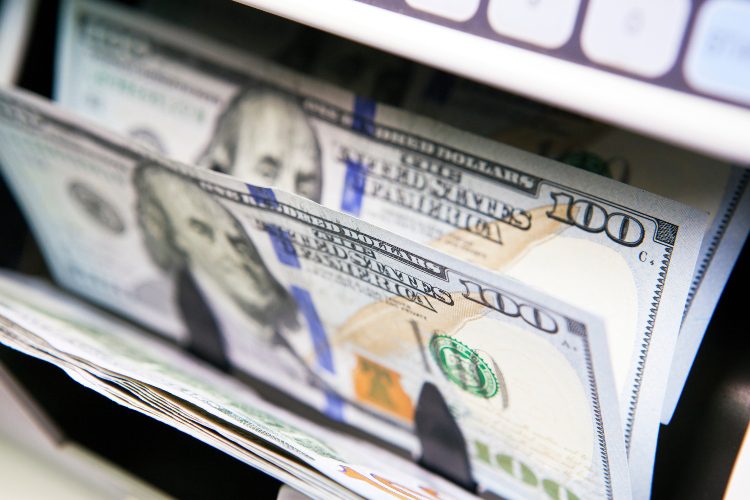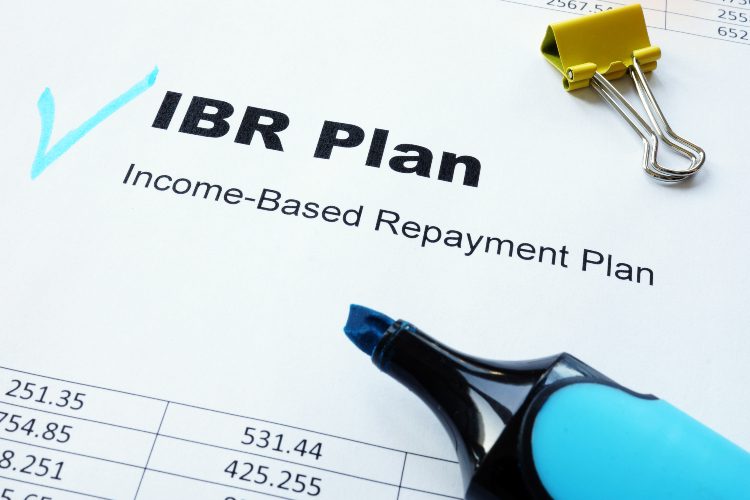
Now that student loans payments have been extended several times, Americans are wondering if they should pay them off at all. Let’s explore how these payments could become beneficial to loan holders.
Student Loans Paused Again

Student loans are a curse to most American citizens. Thankfully, payments have been paused for some time. The movement started during the COVID-19 pandemic in March 2020 as part of the Cares Act. First, President Donald Trump extended the payments twice. Afterward, Biden made six more extensions, including the most recent change. Now, there’s no need to make payments until the end of August!
Unfortunately, private student loan payments are still due, as the Cares Act doesn’t apply to them. The act doesn’t include FFELP Loans or Perkins Loans that aren’t owned by the US Department of Education either. But if you have one of these loans and are having trouble paying, you can contact the student loan servicer and ask for other repayment options — deferment or forbearance should be available for loans holders.
Should You Still Pay?

So, should you wait or pay off the loans anyway? Of course, Americans are not required to make any federal student loan payments during the official pause, and there’s no interest being collected right now. Therefore, loan holders can take a break from paying off the loans and use spare money for something else. If there’s no urgent spending planned, you can invest that money, pay off other debts, or save the sum for retirement.
But if you do decide to continue making payments, you could end up saving some money! Since there’s no interest being collected, every dollar will directly repay the student loan balance. So, the Cares Act student loan pause is a perfect time to pay off the debt, as the balance can be reduced much more quickly and easily. Once the loans are repaid, it will also be easier to focus on putting money towards other loans and payments.
Overall, paying off a student loan during the pause is a personal choice. The truth is that relief won’t go on forever. So, create a realistic plan of repayment based on what you can afford. If you can’t repay your loan now and are worried about paying in future when the pause ends, you can take this extension as an opportunity to apply for income-driven repayment for a more affordable way to keep payments flowing. New requirements will be based on the family size and a percentage of discretionary income. Americans can apply online at studentaid.gov. Remember that the income-driven payment will still apply after Biden cancels the pause.
But what about overall cancellation? While Biden has canceled billions in student loans already, it doesn’t apply to everyone. Some sources, including White House Press Secretary Jen Psaki, agreed that the President is considering student loan cancelation on a wider scale. But there’s no way to know when and if it will come and who it will apply to, so it’s best not to rely on it as a certainty at this time.
Sources: Forbes, NerdWallet, Saving For College
